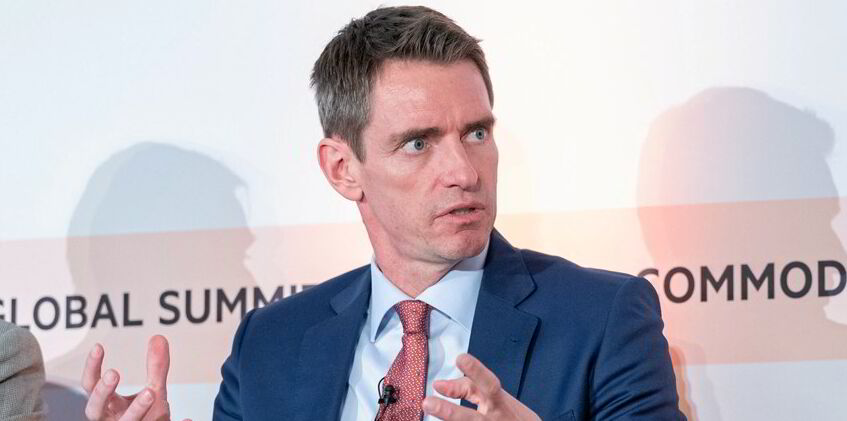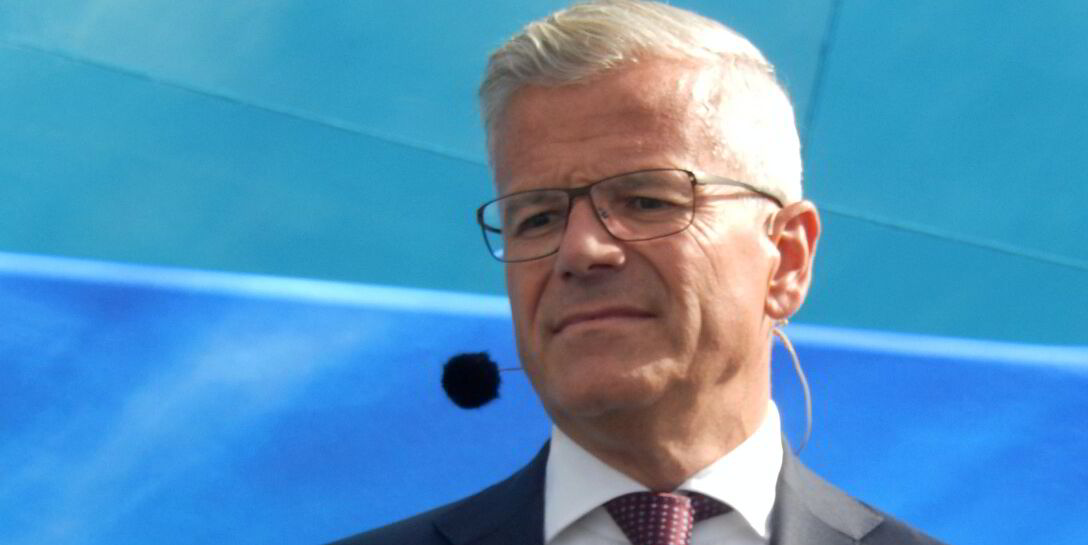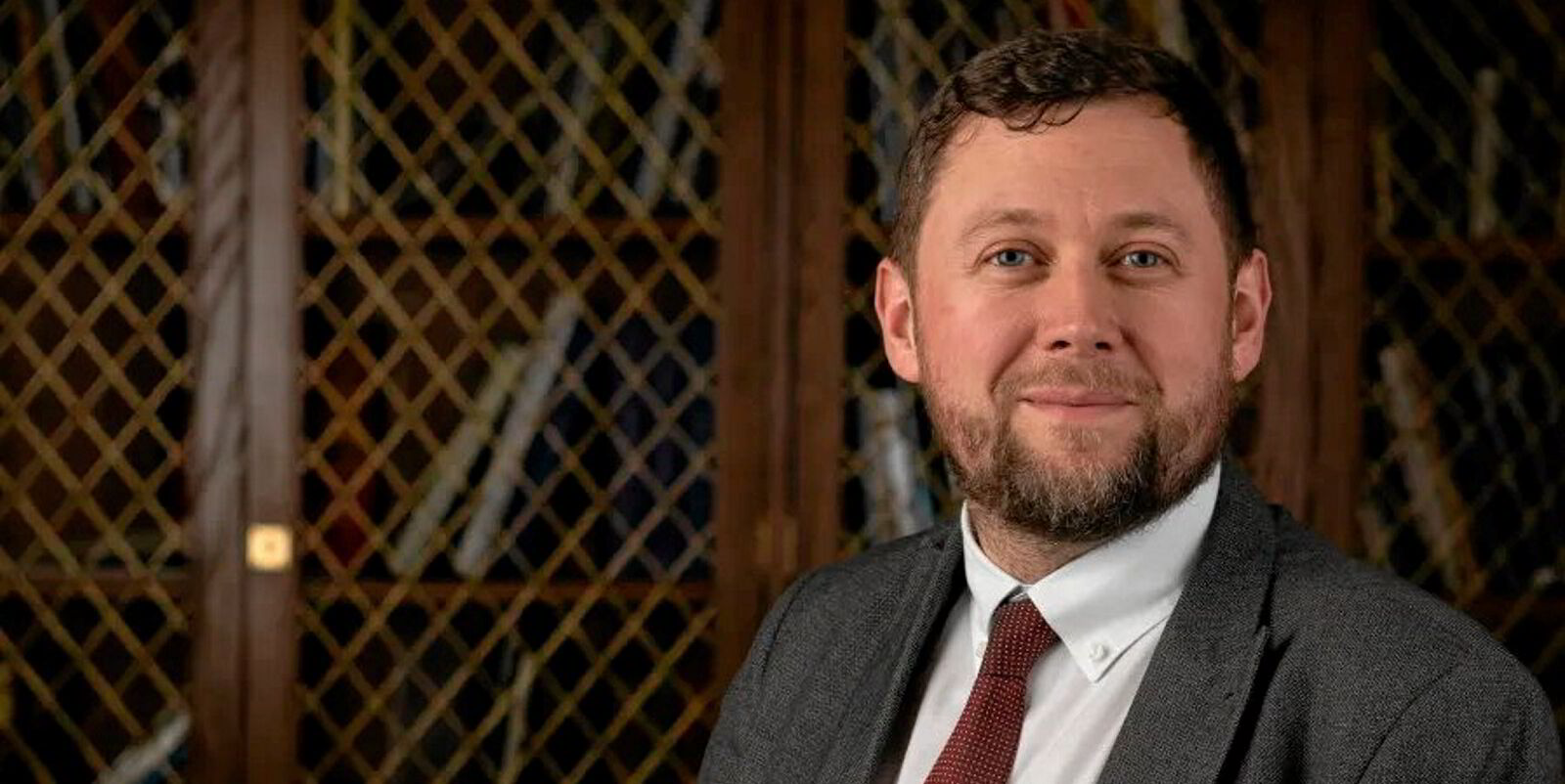The Sea Cargo Charter (SCC) has just added mining and metals company South32 as its newest signatory.
Headquartered in Australia, South32 produces bauxite, alumina, aluminium, copper, silver, lead, zinc, nickel, metallurgical coal and manganese from operations in Australia, Southern Africa and South America.
The SCC is a global framework launched in 2020, developed by the Global Maritime Forum, to measure vessel operators’ shipping emissions against decarbonisation benchmarks.
Trafigura global head of fuel decarbonisation and SCC chairman Rasmus Bach Nielsen said: “With the inclusion of South32, the Sea Cargo Charter now represents over 20% of bulk goods transported by sea annually, marking a significant milestone in our growth and influence.
“This demonstrates our collective commitment to promoting sustainable shipping practices across the industry.”
Maritime freight plays an integral part of South32’s supply chain, the SCC said.
South32 vice president Matthew Gillespie said: “Joining the Sea Cargo Charter is another step in our decarbonisation journey.
“By aligning to the SCC’s global framework, we can better track our decarbonisation progress against the International Maritime Organization’s decarbonisation trajectory and our net-zero goal.”
The company’s long-term goal is to achieve net-zero greenhouse gas emissions across Scopes 1, 2 and 3 by 2050. Its medium-term target is to halve operational greenhouse emissions by 2035, compared with its fiscal year 2021 baseline.
Eman Abdalla, Cargill Ocean Transportation’s global operations and supply chain director and the SCC’s vice chairwoman, added: “The inclusion of South32 is another testament to the SCC’s goal of a collaborative approach and ambition to enhance transparency in shipping emissions, fostering an environment where decarbonisation can thrive.”
Shipping falling behind climate goals
In its annual disclosure report in June, the SCC revealed the shipping sector was lagging behind in its climate targets, with urgent action required.
A total of 35 companies — 93% of the SCC — disclosed the climate alignment of their chartering activities over the past year against the latest International Maritime Organization ambition.
Signatories fell short of the “minimum” international climate goals set by the IMO, by an average of 17% in 2023, equivalent to 165m tonnes of CO2 equivalent.
Taking into account the “striving” goals set by the IMO, SCC signatories were on average 22% misaligned, a shortfall of 204m tonnes of CO2 equivalent.
The SCC report highlighted factors that influenced these results, including the challenges of adapting to longer journey times following geopolitical disruptions, changing operational parameters in ports, commercial choices such as energy-saving retrofit programmes, instructed speed, laden/ballast ratio, and dwt utilisation on laden voyages.
From next year, shipowners — not just charterers — will be fully able to form part of the annual report for the first time, the SCC indicated.
“Increased transparency, collaboration between charterers and shipowners, and alignment with the IMO’s revised strategy are all positive steps in the right direction,” the SCC said.
“The shipping industry has a long way to go, but with continued transparency, commitment, and innovation, it can navigate a more sustainable future.”
The SCC includes 37 charterers and operators such as ADM, Anglo American, Bunge, Cargill, Chevron, COFCO International, Gunvor Group, Trafigura, Maersk Tankers, Viterra Chartering and Stolt Tankers.





